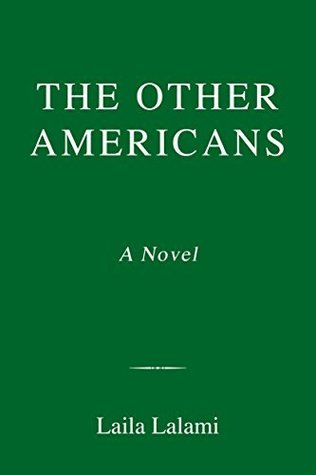More on this book
Community
Kindle Notes & Highlights
For my mother, things were forever not the way they were supposed to be. She had left her country with her family, but she still longed for everything else she hadn’t been able to bring with her. She missed her old house, her childhood friends, the call for prayers at dawn. No matter how extravagant a meal she cooked, she found it wanting—an ingredient was always missing or the flavor just wasn’t right.
My mother had to leave many traditions behind and the more time passed, the more they mattered to her.
How hard the believers make it to get into heaven, I thought, when they have all this right here.
In books, I could be more than the mute sidekick; I could be the hero.
had noticed this before about Americans—they always want to take action, they have a hard time staying still, or allowing themselves to feel uncomfortable emotions—so
Growing up in this town, I had long ago learned that the savagery of a man named Mohammed was rarely questioned, but his humanity always had to be proven.
The thought of your mother finding out about your habit is excruciating. Her approval is a prison you do not wish to escape.
Soon, newspapers would run their annual celebrations of American soldiers, and politicians would take turns pandering to them. Meanwhile, the civilians who died in American wars would receive only silence. National memory was built from such erasures.
Hearing about the terrible things he had seen or done in Iraq made me feel implicated, something I hadn’t grasped until it was too late. I didn’t know how to navigate back to my state of ignorance. There was no map I could follow.
The loneliness I’d once taken for granted had disappeared from my life and in its place was something I hadn’t experienced before, the feeling that our two solitudes had joined together.
I had tried to fill the hole my father had left in my life by holding on to his things—his cabin, his diner, his secrets—and I saw clearly now that none of these could be a bulwark against death. Grief demanded surrender. I had to let go. I had to learn how to live with just the memories, nothing else.
For years, we had been operating under a Don’t Ask, Don’t Tell policy about my sex life, and our mutual violation of that agreement while I was home—she asked, I told—had given her yet another reason to be disappointed in me.
When she was my age, she had moved to a new home, a new country, a new continent. She had meant to change the course of her life, but she’d changed my sister’s and mine, too. How different would things have been for us if she had stayed? Maybe I would’ve had the ordinary life I had always wanted. I would’ve felt that I belonged somewhere. I wouldn’t have been taught, by textbooks, the newspapers, and the movies, to see myself once through my own eyes and another time through the eyes of others. I wouldn’t have wanted so badly to fit in and, paradoxically, to stand out.
The present could never be untethered from the past, you couldn’t understand one without the other.
It wasn’t easy to accept that the man we loved had done terrible things, because love itself is a singling out of one person over countless others.
And I would still be here. The desert was home, however much I had tried to run away from it. Home was wide-open spaces, pristine light, silence that wasn’t quite silence. Home, above all, was the family who loved me. Only now, after my father’s death, did I come to understand that love was not a tame or passive creature, but a rebellious beast, messy and unpredictable, capacious and forgiving, and that it would deliver me from grief and carry me out of the darkness.


